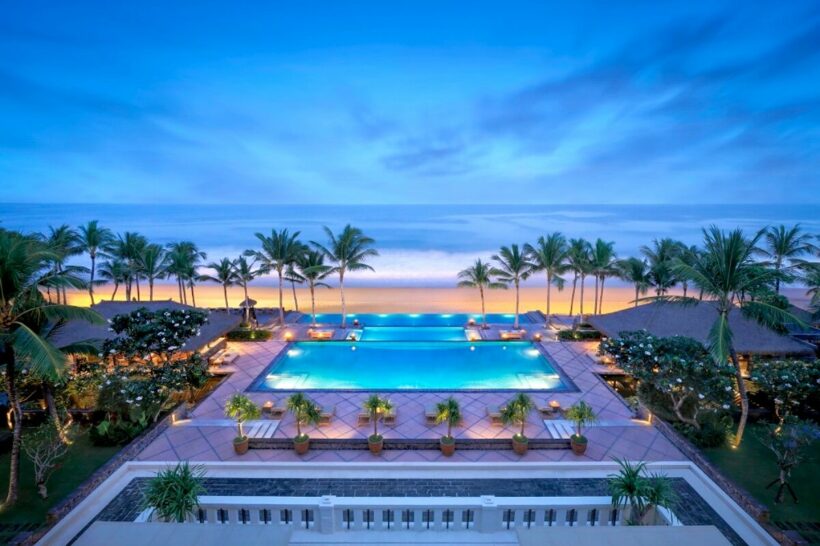Millionaire? Pfft! Indonesia’s second-home visa is for billionaires

Many online have criticised Thailand’s plan to focus on attracting millionaires, but Indonesia seems to think the Thai government is just setting their stall too low. Indonesia launched a “second-home visa” with plans to lure in billionaires, not millionaires. The new visa debuted last week, but the details are still being put into place by the Ministry of Interior, Immigration, and other related government departments.
The new “second-home visa” will be competing with Thailand’s LTR visa the government has been pegging its tourism revenue hopes on. It will allow people to stay in Indonesia for five to 10 years. The visa will be available to skilled workers, foreign investors, elderly tourists, and the Indonesian diaspora.
But with its sights set on a foreign investment goal of at least US$76.7 billion this year, an almost 20 billion increase from last year’s US$57.6 billion, the ultra-rich are clearly the second-home visa’s target market. Acting Director of Immigration Widodo Ekatjahjana laid out the plan.
“This special visa will be given to billionaires, the world’s wealthiest people, and investors to encourage the growth of investment in Indonesia, those who intend to stay longer in Indonesia. The second-home visa is still in the finalisation stage, hopefushortlyture or maybe in the next few weeks, this programme will become a regulation that will be enacted.”
Hong Kong has also just launched an LTR visa plan that would allow people earning about US$320,000 a year to stay in the city-state for two years. Singapore, as well as global countries like Australia, New Zealand, and Canada already have investor visas that can lead to citizenship. European countries including Greece, Cyprus, Bulgaria, and Malta do as well, according to Asia One.
Economists have mixed reactions to the ploy to lure billionaires with the second-home visa. They applaud the idea of bringing some stability for corporations to move operations to Indonesia knowing workers can stay long-term legally. But they still worry about regulations, taxation, and unintended inflation.
Property markets may surge and harm Indonesian citizens with an influx of foreign investors. And while land ownership has become easier for foreign companies, the land designated for it is not always desirable, and bureaucratic hiccups abound. Government policy and rules have been known to waffle as well, ebbing away the stability offered by the second-home visa.
Latest Thailand News
Follow The Thaiger on Google News:


























